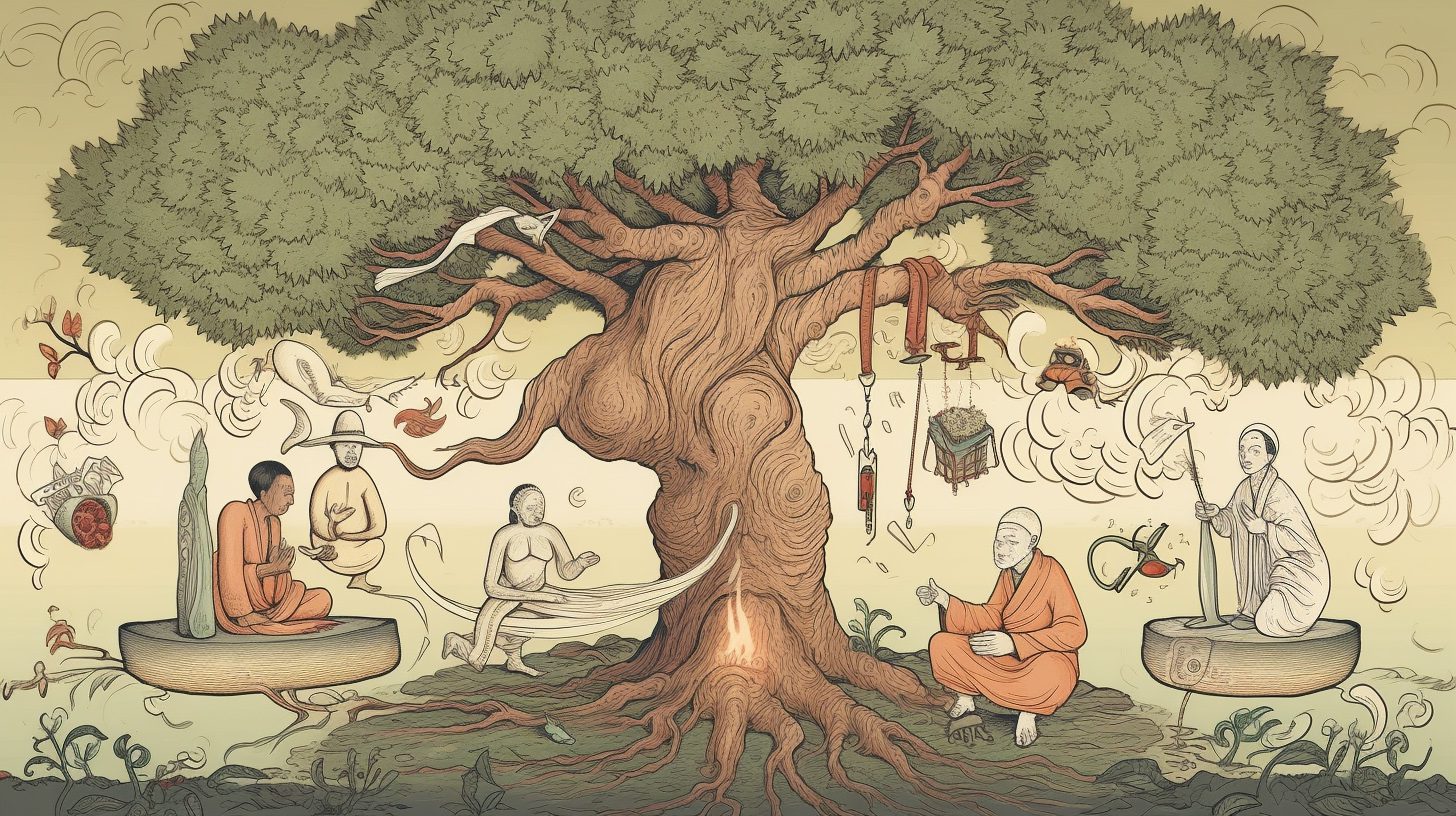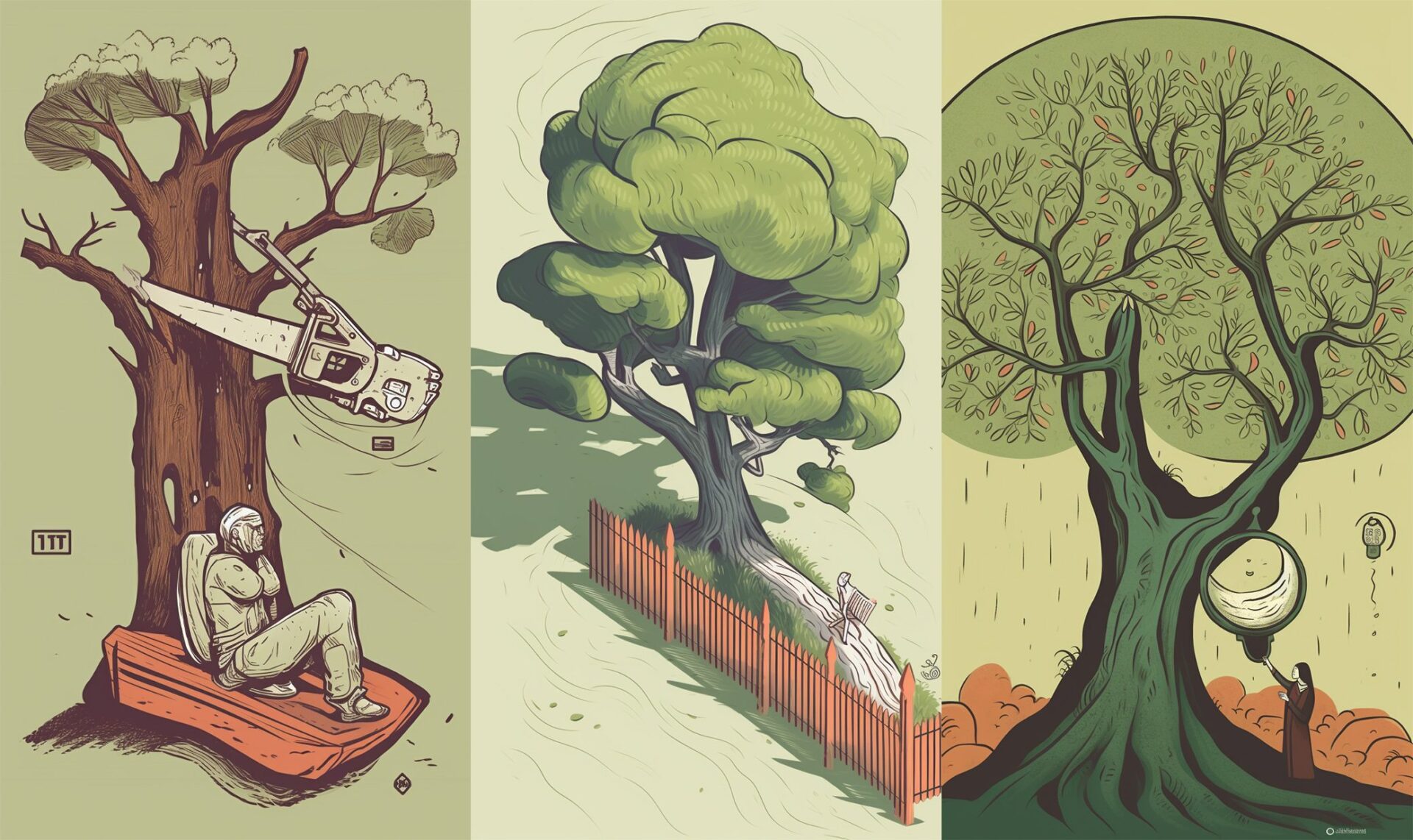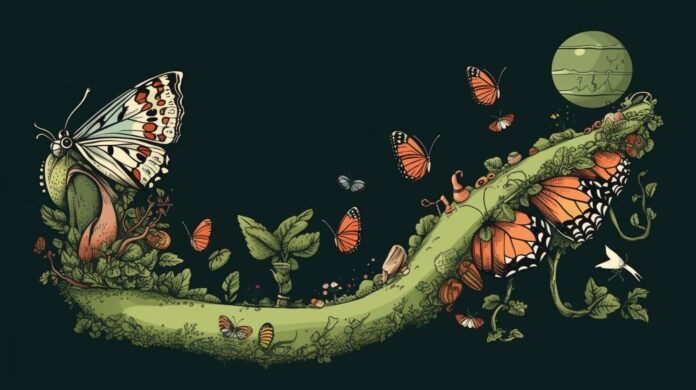The journey to transform fear into compassion is a path we must take on all voyages. So who would have thought my insightful post on ‘Transgender Athletes in Sports: Striking a Balance Between Fairness and Inclusivity‘ would stir up many emotions?
This simple concept, where fear is a common experience and transforming into compassion, is a universal journey we all must undertake. Fear is a natural human emotion that originates from our survival instincts.
Our body’s fight or flight response is triggered when we feel threatened or in danger. Which can lead to aggressive or defensive behaviour. In some cases, fear can lead to an attack response to protect oneself or others.
However, as you will see below, it’s important to note that fear is not the only factor determining our behaviour. Our upbringing, cultural influences, and personal experiences can all shape our attitudes and actions towards others.
Ultimately, it’s up to each individual to choose whether to respond with fear and aggression or compassion and understanding.

Motivation For Journeying to Transform Fear into Compassion
I never expected that my in-depth post on transgender athletes would lead me to realise that transforming fear into compassion is more important than ever.
The blog post discussed the ethical and practical challenges of accommodating transgender athletes in competitive sports, especially in women’s divisions. I explored the arguments for and against their inclusion. And propose some possible solutions to strike a balance between fairness and inclusivity.
After completing the post, I took a moment to pat myself on the back. Why not, I thought? So with this, I decided to test society’s appetite for the topic, a research study. The only exception was that there was no working hypothesis. So I decided to compose a thirst trap post on Facebook as bait. It went like this:
🏳️⚧️🏅How do we balance fairness and inclusivity for transgender athletes in sports? My latest blog post explores this complex and controversial issue from different perspectives. You’ll learn about the challenges and opportunities that transgender athletes face in competitive sports and how we can create a more inclusive and respectful environment for everyone.
Click here to read more 👇 #TransgenderAthletes #Sports #Inclusivity
Tagging @LGBTQSports @TransgenderAthletes @SportsInclusivity
When I hit the post, the comment section became a magnet for negativity. It was like watching a train wreck in slow motion. Feast your eyes on the above image for a taste of the chaos that ensued…

The Perfect Storm
Like most things in life, we’d love to take credit for the simultaneous occurrence of two events. The kind that could converge, forming the perfect storm that alters the course of our future or, in my case, my thoughts.
As I sifted through the negativity in my mind, I knew I needed a release. And so, I turned to my trusted friend and mentor, Travis Eliot (I don’t know him, but it feels as if I do), who I consider one of the best yoga teachers on YouTube. Travis, I am sorry; my mind did drift away from the practice for a while to ponder your insight.
Together, we embarked on a transformative journey of body and mind-bending. During the class, Travis, in his usual delivery style, shared a story about a Zen master. It was a modern-day parable that incorporated Zen and spiritual teachings to convey the message of personal growth and how to transform fear into compassion.
As the words spilt out of his mouth. I couldn’t help but see a meaningful connection between the parable and the torrent of negativity I had just witnessed on Facebook. The two events seemed linked by more than just cause and effect, almost like a meaningful coincidence. It made me realise the importance of transforming fear into compassion and how doing so could alter how we view things.
Uninformed to Awakened
Fear can take different forms and influence how we react to challenges. In the context of the debate around transgender athletes, fear and negativity can run rampant. People may respond from fear and ignorance, not fully understanding the root cause or exploring alternative solutions.
Some may hesitate to embrace inclusivity, fearing it may limit growth or progress. Others, however, approach the issue with curiosity and openness, willing to learn and transform their perspective.
These reactions are not unique to the transgender debate – they reflect different stages of our spiritual journey. The Zen master’s parable speaks to the need to move beyond fear and transform it into compassion. By doing so, we can begin to heal and create a more inclusive and understanding world.
Zen Master Parable Told By Travis Eliot
The Zen master took his students on a nature walk and encountered a poisonous tree. He identified three types of people based on their spiritual path.
The first type of person sees the poisonous tree and wants to cut it down out of ignorance.
The second type of person wants to keep the tree alive but put a fence around it to protect others. They transform their fear into compassion.
The third type of person studies the tree, gets to know it, and uses its fruit to create medicine that heals others. These are the awakened ones.
The goal is to reach the third stage and transform fear into compassion so that we can listen to others without cutting them down.
We must embody the change we want to see in the world and strengthen unconditional love within ourselves, as it is the most potent medicine.
Transform Fear into Compassion: Which One Are You?
When faced with a problem or challenge, our response can reveal where we are on our journey to transform fear into compassion. According to a Zen master, there are three types of people in the world, and each has a different way of approaching challenges. Let’s explore these three types of people and how we can cultivate compassion.

Person 1: Uninformed Ones
These are people who act out of a place of ignorance. When faced with a problem or challenge, their first instinct is to cut it down or eliminate it without understanding the root cause or exploring alternative solutions.
This type of behaviour can be harmful and prevent growth and progress. Therefore, it is essential to recognise when we are operating from ignorance and try to learn and understand more about the issue.
Person 2: Cautious Ones
These people have moved beyond ignorance but still operate from a place of fear. They want to protect themselves and others from harm, but they may do so in a way that limits growth or progress.
While caution can be beneficial in some situations, taking risks and pursuing positive outcomes is essential. It is crucial to recognise when fear is holding us back and try to overcome it.
Person 3: Awakened Ones
These are people who have transcended fear and have a deep understanding of themselves and the world around them. They approach challenges with curiosity, openness, and a willingness to learn.
They see problems as opportunities for growth and transformation, and they are committed to making the world a better place. This mindset can help us transform fear into compassion and approach challenges with a positive and growth-oriented perspective.
The Journey to Transform Fear into Compassion
Fear and its Origins
Fear is a natural human emotion that can serve as a protective mechanism. Moreover, it is an evolutionary response that has helped humans survive dangerous situations.
However, when fear becomes excessive, it can hold us back and prevent personal growth. The roots of anxiety can be traced back to various factors, such as upbringing, cultural influences, and unique experiences.
These factors shape our attitudes and responses towards the world and the people around us. Fear can become deeply ingrained in our psyche, causing us to perceive the world in a narrow and limiting way.
The Impact of Fear on the Transgender Debate
The recent debate around transgender athletes in women’s sports highlights how fear can shape our perceptions and responses towards others. Some people oppose the inclusion of transgender athletes in women’s sports, citing concerns about fairness and safety.
These fears are often based on incomplete information or misunderstandings about transgender individuals. However, it’s essential to recognise that these fears are not solely based on ignorance. Instead, they are often deeply rooted in personal experiences, cultural beliefs, and societal norms.
To truly transform fear into compassion, we must first acknowledge the impact of these factors on our attitudes and behaviours.

Parables on Fear and Personal Growth: Transforming Fear into Compassion
As the Zen master parable inspired this blog post. It was important to delve deeper into fear and personal growth. So I’ve included this section on well-known legends that can help us transform fear into compassion.
By exploring these stories, we can challenge our limiting beliefs and cultivate positive qualities that enable us to move from a place of fear to compassion and understanding.
These parables demonstrate how fear can limit our personal growth. And how acknowledging its impact on our attitudes and behaviours is vital to overcoming it by recognising fear’s hold on us. We can learn to embrace diversity and inclusivity, broaden our perspectives, and transform fear into compassion.
Parable 1: The Blind Men and the Elephant
This parable tells the story of several blind men who come across an elephant and try to describe it based on the part of the elephant they are touching. Each represents the elephant differently, but none can see the whole picture.
The parable teaches the importance of seeing things from different perspectives and recognising that each person’s viewpoint may be limited.
Parable 2: The Two Wolves
This parable tells the story of a grandfather who tells his grandson that two wolves are inside him, one representing anger, fear, and negativity and the other expressing love, kindness, and positivity. The grandson asks which wolf will win, and the grandfather replies, “The one you feed.”
This parable teaches the importance of cultivating positive qualities and letting go of negative ones.
Parable 3: “The Cave” from Plato’s Republic
“The Cave” is a story of prisoners who have been chained in a cave their whole lives, only able to see shadows on the wall. Finally, one of the prisoners is released and sees the world outside the cave. Still, upon returning to tell the others, they do not believe him and continue to believe in the shadows.
This parable illustrates how we can become locked in our heads and limit personal growth by refusing to consider different perspectives.
Parable 4: “The Little Prince”
“The Little Prince” is a book that tells of a prince who travels to different planets and meets various characters, each with a distorted perception of reality due to their fears and desires.
This parable highlights how fear and unknowns can shape perceptions and limit personal growth.
Moving From Uninformed to Awakened and Transform Fear into Compassion
To move from fear to compassion, we must first acknowledge the impact of anxiety on our attitudes and behaviours. We must recognise how fear can limit our personal growth and prevent us from seeing the world from different perspectives.
Try to transform fear into compassion by cultivating positive qualities like openness, curiosity, and kindness. We can learn to embrace diversity and inclusivity.


